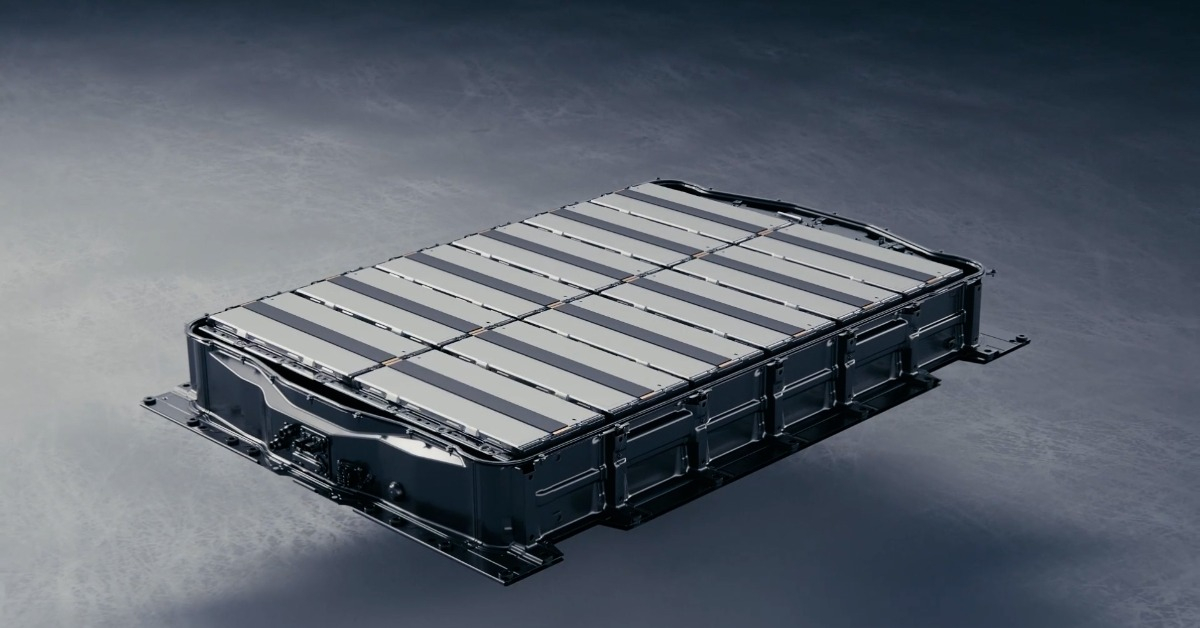MOUNTAIN VIEW, CA (February 27, 2023)—The speed at which the advanced battery sector is growing, along with the continued increase in commercial investments in energy storage, has resulted in significant EV battery maturation and technological advances. The Department of Defense (DoD) wants to leverage this commercial investment to accelerate DoD capabilities by adopting commercial EV battery technologies for military use.

GM Defense will leverage GM’s Ultium Platform to develop a battery pack prototype to be tested on military platforms
The Office of the Secretary of Defense (OSD), the U.S. Army’s Combat Capabilities Development Command (DEVCOM) Ground Vehicle Systems Center (GVSC), the Department of the Navy Operational Energy (DON-OE), and the Defense Innovation Unit (DIU) have partnered together on the Jumpstart for Advanced Battery Standardization (JABS) project to accelerate the adoption of commercially-proven electric vehicle (EV) battery technologies by prototyping battery systems based on standardized modules that leverage state-of-the-art technology and manufacturing capabilities.
Developing a standardized battery module will increase DoD's demand signal for commercial batteries, reduce barriers for the commercial sector to work with the DoD, and pave the way for future battery advancements to be seamlessly integrated and adopted within military platforms.
“We are engaging industry to utilize commercial building block batteries that can be deployed as the foundational pathway for the hybridization of any ground vehicle platform,” according to DON-OE’s Deputy Director, Daphne Fuentevilla. “Our strategy is to learn how large of a building block we can leverage, how to package the commercial technology into non-proprietary defense interfaces, and how to integrate batteries evolving at the speed of industry into defense platforms with static structures.”
In September, DIU issued an award to the first of five vendors, GM Defense, to develop a battery pack prototype for testing and analysis on DoD platforms. The company will leverage their most advanced commercial battery technology to ultimately deliver a scalable design that can be used for tactical military vehicles and inform a standard integration pathway for like technology.
In December 2022, Inventus Power received a contract award to develop battery module prototypes for testing and analysis by the DoD. The company will leverage its expertise in Li-ion battery technology along with its extensive experience working with mission-critical military and defense applications as well as xEV motive power to provide an advanced modular solution that meets the necessary requirements for powering tactical military vehicles. In January 2023, additional vendors were added to the project. Lucid was issued an award to develop battery module prototypes for testing and analysis by DoD. The company will leverage deep expertise in high-voltage battery systems for electric passenger vehicles to deliver modular and scalable battery modules that will be characterized and tested for integration in electrified tactical military vehicles.
Canoo Technologies was issued an award to develop a battery pack prototype for testing and analysis on DoD platforms. The company will leverage their most advanced commercial battery technology and integration experience to deliver a building block that can be scaled for use on tactical military vehicles and will inform future strategies for standardizing integration of like technology.
In February, Delta Cosworth was issued an award to develop a high-performance modular battery system, based on their CSM (Cylindrical Scalable Module) architecture, for evaluation. Cosworth's CSM can enable an extensive amount of differing battery pack configurations with the same fundamental building block.
DIU's JABS effort will help meet the National Blueprint for Lithium Batteries 2021-2030 objective to “develop form-fit-function battery standards for defense, EV, and grid applications” and a 2030 objective to “meet critical defense battery demand with multiple-source domestic suppliers.”
Adopting a standardized DoD approach that aligns with commercial manufacturing capabilities will yield a return on investment for U.S. companies, improve domestic markets, and tie defense capability to the evolution of commercial sector batteries.
Updated from February 13th posting